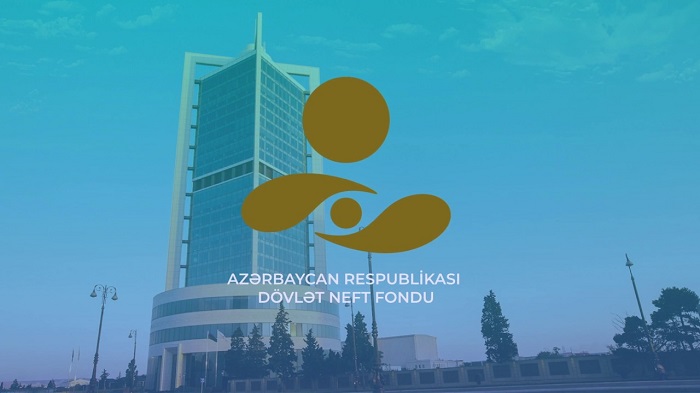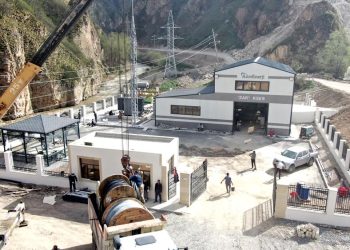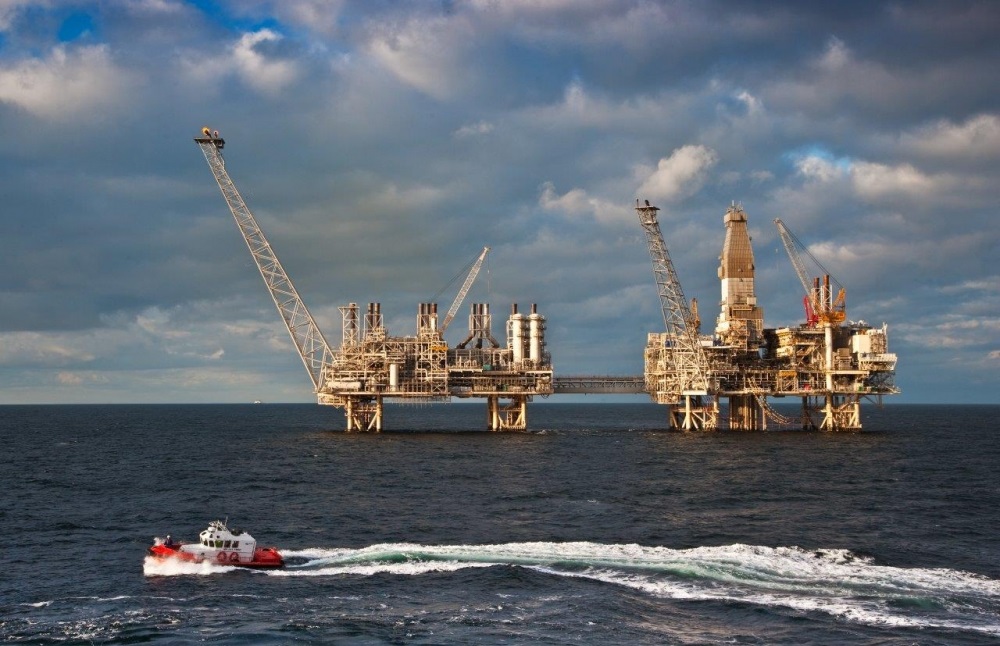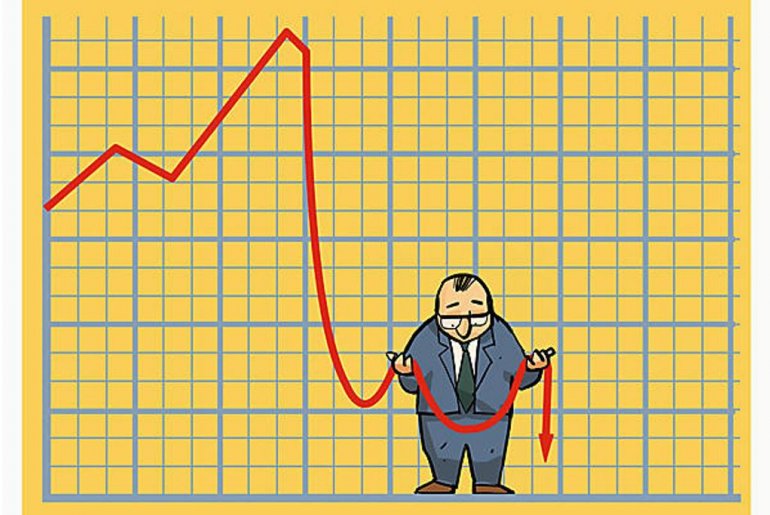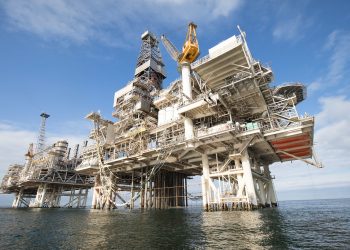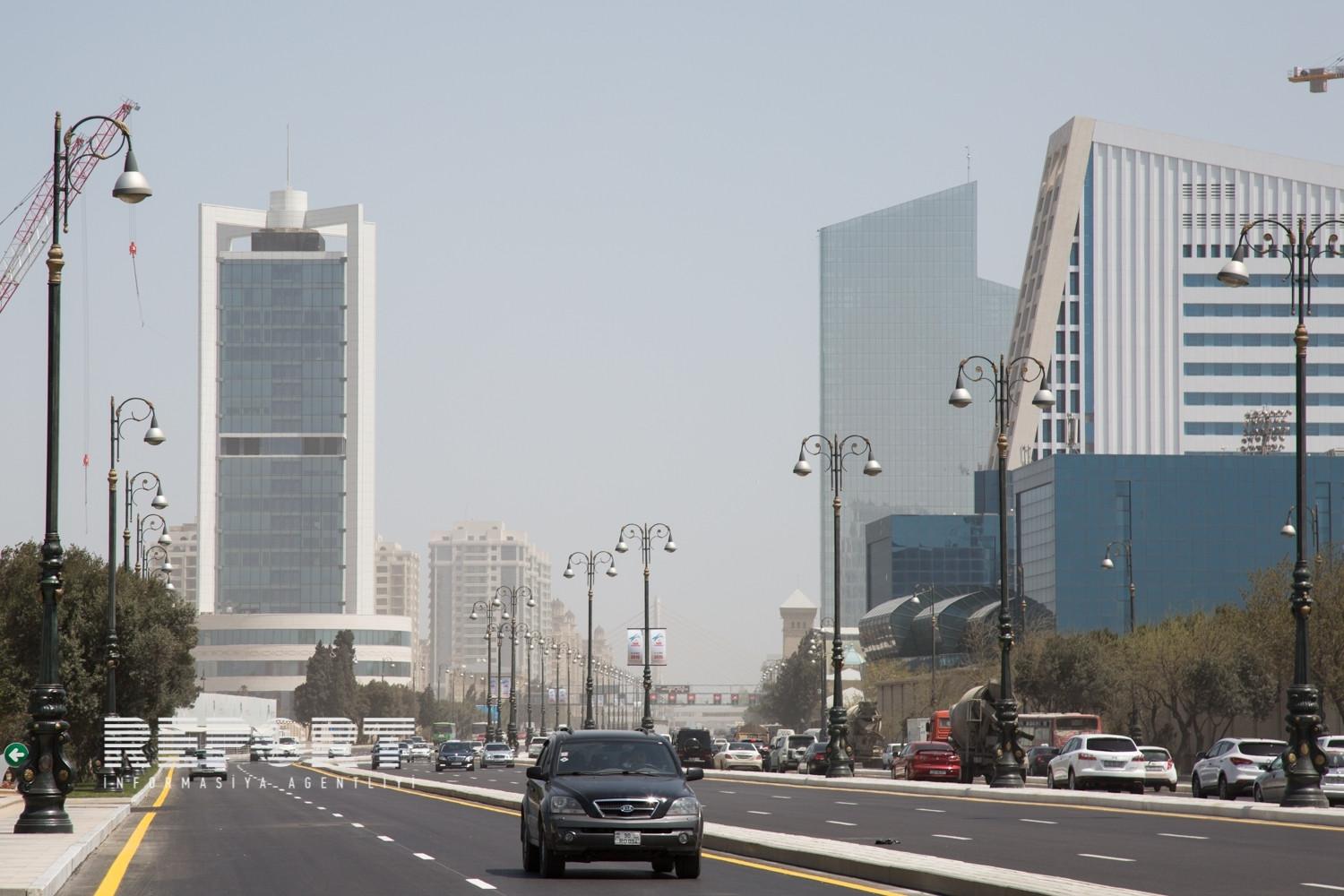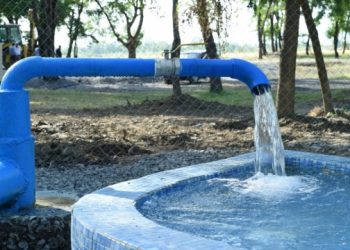Kazakhstan expects to produce 81.8 million tonnes (1.64 million barrels per day) of crude this year, nearly unchanged from 2013 levels, Kazakh Deputy Energy Minister Magzum Mirzagaliyev said on Wednesday.
The second-largest ex-Soviet oil producer after Russia raised its oil output to 81.7 million tonnes last year from 79.2 million tonnes in 2012.
Further increase in production after the 3 percent rise last year has been thwarted by delays at the giant Kashagan oilfield in the Caspian Sea.
Kashagan, the world’s biggest oil find in recent decades, was launched in September last year after repeated delays and cost overruns. But its output was halted just a few weeks later after gas leaks were detected in its pipelines.
Now it is not expected to resume output before the first half of 2016.
“We expect that we will be able to meet our production target (for 2014),” Mirzagaliyev told reporters on the sidelines of an international oil and gas conference.
Official data show that Kazakhstan’s oil output edged down to 53.6 million tonnes in January-August this year from 54.0 million in the same period of 2013.
“Today we are looking for resources (to keep output stable). In particular, production at Tengizchevroil venture is crucial,” he said.
Tengizchevroil (TCO), Kazakhstan’s largest producer, is a Chevron-led joint venture which operates the mammoth Tengiz onshore oilfield in the west of the country.
TCO is due to begin scheduled repair and maintenance work this month on the Tengiz field. A senior Kazakh energy official said in July the repair work was expected to last for 45 days.
“We expect that this planned repair work will be done in a fast tempo and we believe that we will achieve planned output there,” Mirzagaliyev said. He said TCO was forecast to produce “around 27 million tonnes” of oil this year.
Last year the joint venture produced a record 27.1 million tonnes, up from 24.2 million in 2012.
* Chevron holds 50 percent of TCO, while Exxon Mobil owns 25 percent, Kazakh state oil company KazMunaiGas 20 percent and Lukarco, controlled by Lukoil, the remaining 5 percent.



